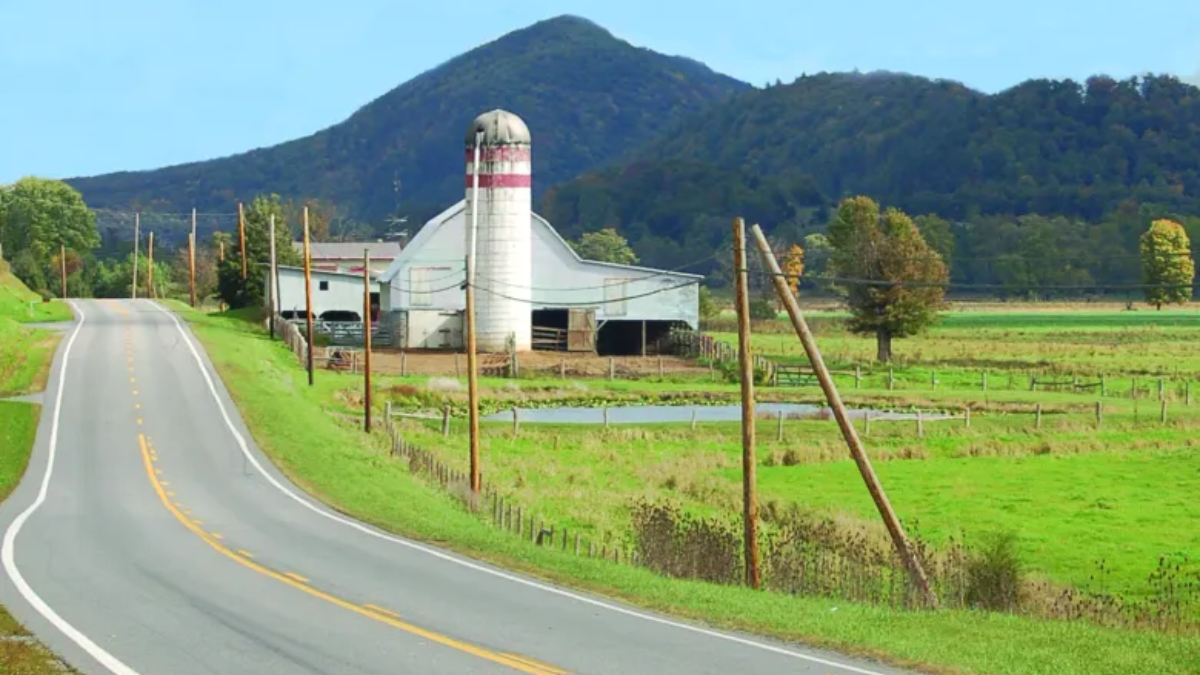West Virginia’s long-awaited broadband expansion just hit a serious roadblock — and it’s coming from Washington.
A recent move by the Trump administration to freeze certain federal infrastructure grants has effectively put a pause on West Virginia’s broadband rollout, delaying high-speed internet access for thousands of rural residents. The decision has sparked concern among local leaders, school officials, and small business owners who have long relied on the promise of better connectivity to grow their communities.
Why Was the Expansion Delayed?
The delay stems from a broader federal review of infrastructure spending, including funds earmarked under the Rural Digital Opportunity Fund (RDOF). The Trump administration has halted new disbursements, citing a need to reevaluate contracts and ensure “fiscal accountability” and “appropriate technological standards.”
In simple terms, they’re hitting pause to double-check who’s getting the money and whether the plans meet long-term national goals. But for states like West Virginia, that pause could mean months — or even years — of waiting.
Who’s Affected?
This delay impacts more than just broadband companies. Here’s who stands to feel the consequences:
- Rural households still stuck with spotty or nonexistent internet service
- Students struggling with remote learning or digital coursework
- Small business owners who rely on reliable connections for online sales and customer service
- Healthcare providers expanding telehealth in underserved areas
- Job seekers needing internet access to find and apply for work
West Virginia is one of the most underserved states in the country when it comes to internet access. For many counties, this expansion was seen as a critical step toward economic revival and digital inclusion.
What Was the Plan?
The original broadband expansion plan, backed by both state and federal funding, aimed to build out high-speed fiber lines to over 150,000 unconnected homes and businesses. The focus was on reaching hard-to-access areas in Appalachia where market-based solutions have consistently fallen short.
Under the new delay, contracts already signed with service providers are on hold, and planned construction may be postponed until further notice.
What Does This Mean for West Virginia?
In practical terms, the state is now stuck in limbo. Local governments and ISPs are ready to roll out service, but without federal funds, they can’t move forward. This could lead to:
- Missed deadlines for infrastructure goals
- Increased costs as inflation and labor shortages worsen
- Loss of public trust in government-led internet initiatives
The pause may also widen the already gaping digital divide, leaving rural families behind as the rest of the country moves ahead with remote work, virtual learning, and digital innovation.
What Comes Next?
State officials have urged the administration to release the funds quickly or provide a clear timeline for review. Some lawmakers are already calling for emergency legislation or state-level backup plans.
For now, West Virginians are being told to wait — again — for access to something most Americans already take for granted.










